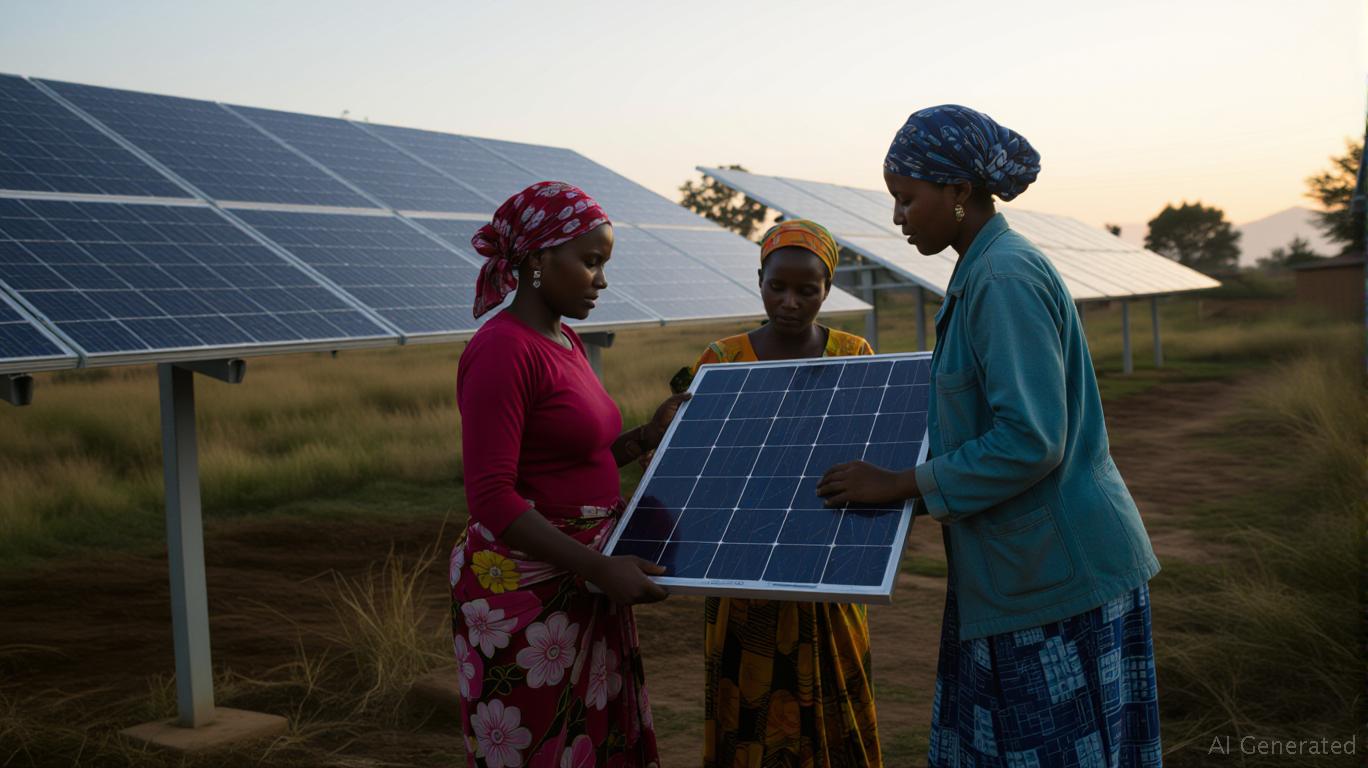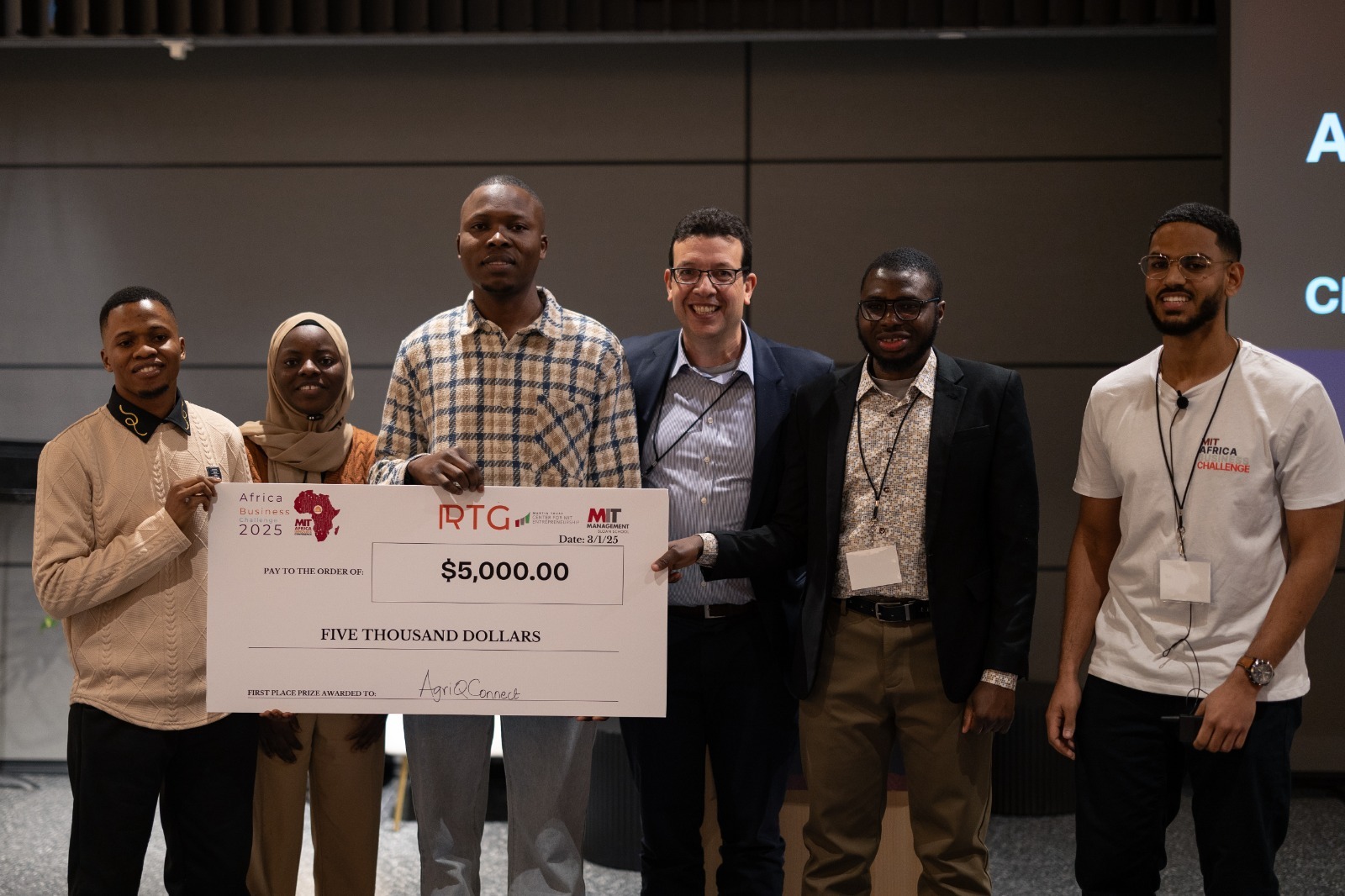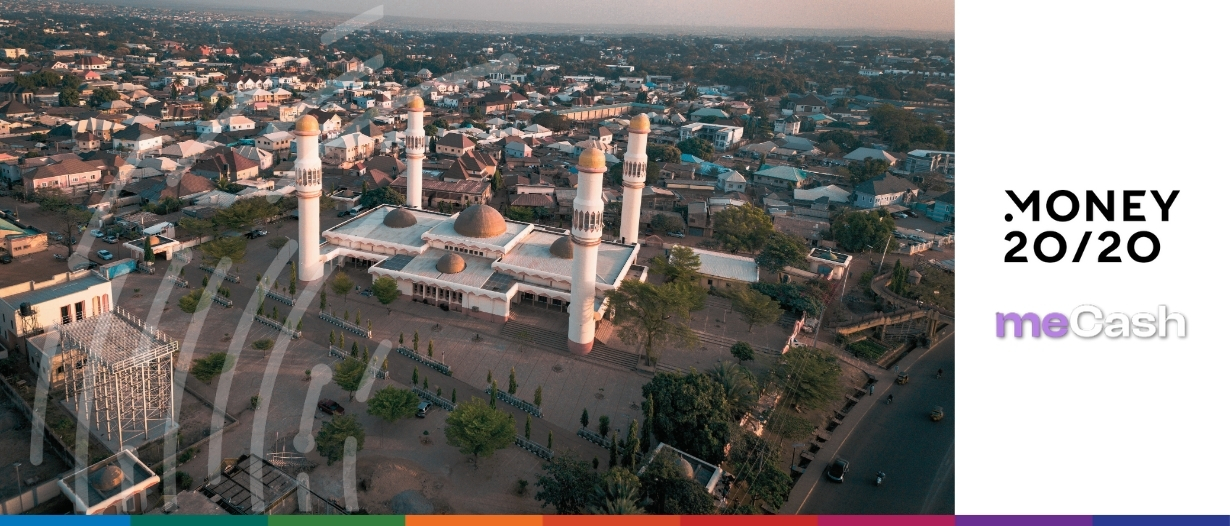Ethiopia's $1 Billion World Bank Deal: A Gateway to Renewable and Digital Opportunities Amid Transformative Reforms
Albert FoxFriday, Jul 4, 2025 8:59 am ET
![]() 3min read
3min read
Ethiopia's landmark $1 billion World Bank financing agreement, finalized in June 2025, marks a pivotal moment in the country's transition to a market-driven economy. By pairing macroeconomic stabilization with targeted investments in renewable energy and telecommunications, the deal opens strategic opportunities for investors seeking exposure to ESG-aligned growth and digital transformation in Africa. Yet, the path forward is fraught with risks—from inflationary pressures to geopolitical instability—that demand careful navigation. For those willing to engage, Ethiopia's pivot toward private-sector-led growth could offer asymmetric upside in two key sectors: and .
The ADELE Project (Access to Distributed Electricity and Lighting in Ethiopia), a $500 million initiative under the World Bank deal, is designed to achieve near-universal electricity access by 2025. Targeting 5 million people, 11,500 enterprises, and 1,400 health/education facilities in rural and deep-rural areas, the project relies on decentralized renewable solutions such as solar photovoltaic (PV) mini-grids and individual systems. 
This initiative is a goldmine for investors in ESG-aligned renewables. The ADELE model's focus on —prioritizing women's participation in mini-grid operations—aligns with global corporate sustainability goals, while Ethiopia's abundant solar and wind resources offer scalable opportunities. Developers with expertise in distributed energy systems, particularly those partnering with local firms, stand to benefit from first-mover advantages.
:
- : Companies with cost-efficient production capabilities could supply panels for mini-grids.
- : Vehicles focused on African public-private partnerships (PPPs) may fund ADELE-style projects, leveraging Ethiopia's strategic location as a gateway to East Africa.
The World Bank's deal also funds Ethiopia's telecom liberalization, a cornerstone of its . A $157.4 million equity injection and $100 million loan from the IFC and MIGA are backing Safaricom Ethiopia's rollout of 4G/5G networks and M-PESA mobile financial services. These efforts aim to bridge Ethiopia's digital divide—where only 29% of the population has internet access—and create 1.5 million jobs.
The stakes are high. Safaricom Ethiopia, backed by Vodafone and Vodacom, challenges Ethio Telecom's state-controlled monopoly. By reducing costs and expanding mobile money adoption (currently at 17%), the company could catalyze Ethiopia's financial inclusion. Meanwhile, Ethiopia's $8 billion FDI pipeline for telecoms over the next decade positions it as a testing ground for Africa's digital economy.
:
- : Monitor Safaricom Ethiopia's network expansion metrics (e.g., subscribers, rural coverage).
- : Track M-PESA's adoption rate, as it could replicate Kenya's success and unlock e-commerce and fintech ecosystems.
While the opportunities are clear, Ethiopia's reforms face significant headwinds:
The Ethiopia story is not for the faint-hearted. Yet, for investors willing to engage strategically, the rewards could be substantial:
:
- : Prioritize solar developers with African exposure (e.g., First Solar, SunPower) and telecom infrastructure funds.
- Monitor Reforms: Track progress on Ethio Telecom's privatization (target: 40% stake sale) and FDI inflows.
- Risk Mitigation: Use hedging tools for currency exposure and engage with local stakeholders to gauge geopolitical stability.
Ethiopia's $1 billion World Bank deal is more than a financing package—it is a test of whether African nations can leverage external capital to build resilient, market-driven economies. By unlocking private-sector investment in renewables and digital infrastructure, Ethiopia is positioning itself as a gateway to East Africa's $2.2 trillion GDP potential.
The asymmetric upside is undeniable: success here could set a template for scaling distributed energy and financial inclusion across the continent. However, the path requires patience, prudence, and a focus on long-term value. For investors, the question is not whether to engage—but how to do so with discipline, timing, and a clear-eyed view of the risks.
The stakes are high, but the opportunity to participate in Ethiopia's transformation is one of Africa's most compelling growth stories of the decade.






